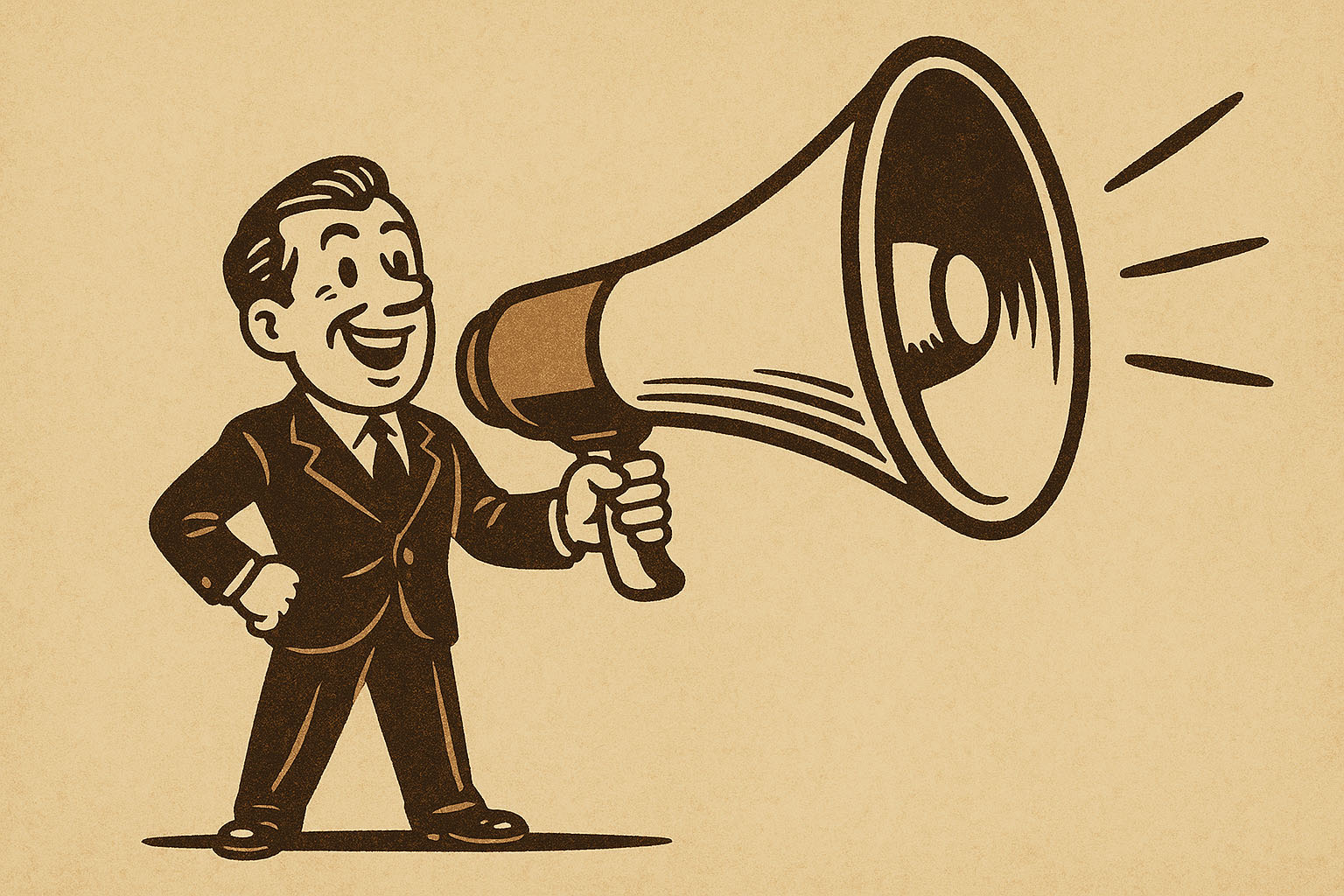Surveys have shown that the number one fear for Americans is not flying, illness, drowning, or heights – it is public speaking. Death comes in fifth. As Jerry Seinfeld, among others, has observed, most people attending a funeral would rather be the deceased than the eulogist.
But if there is a time when Jews in particular need to be able to speak confidently, clearly and inspiringly, it is now. It is on all of us to correct misinformation and call out antisemitism, whether at a public talk, a dinner party, a work meeting, or in the classroom.
Fear of speaking isn’t new for Jews. When G-d ordered Moses to return to Egypt and demand that Pharaoh let the Jewish people go, Moses didn’t appear to be all that worried about coming back to a land where he was a wanted man (having killed an Egyptian overseer many years earlier), or that he was morally unworthy of being G-d’s representative before the Israelites and the Egyptians. Instead, he seemed terrified that he lacked the oratory skills that were required for the task. “Please, O my lord, I have never been good with words, either in times past or now that You have spoken to Your servant; I am slow of speech and slow of tongue.” (Exodus 4:10) “The Israelites would not listen to me; how then should Pharaoh heed me, me – who gets tongue-tied!” (Exodus 6:12)
But like most things (other than golf), practice makes perfect. Here are some tips I have picked up from my decades as a college president:
Be prepared – however, there is no need to seek perfection.
Giving multiple speeches per day, I rarely had time to work out each one in advance. That isn’t so bad. Few of us are able to read a speech in a captivating manner. But I found that if I had my facts straight, and I had a five-minute opening and two-minute conclusion ready to go, I could then feed off the audience for the rest.
Engage your listeners.
How painful it is to have a speaker drone on in front of a group that is fast asleep. In contrast, there is the legendary performer Wayne Newton, “Mr. Las Vegas.” The secret to his success has been an uncanny ability to engage the crowd, always assuring them that the reason that night’s show is going exceptionally well is that they are bringing out the best in him. During his encore, he thanks them for eliciting his finest performance ever. Fans would attend his shows over and over again, but apparently never doubted that he truly meant it. So watch your audience carefully. If you are losing them, pivot. And focus on the person who is hanging on your every word; not the person who is staring at his cell phone.
Use humor, when appropriate, to gain or keep the audience’s attention.
The longtime president of USC, Steve Sample, was a fabulous speaker who always opened with a prepared joke. I’m not much of a joke teller, and prefer trying to work in some levity in a spontaneous way. Jews, of course, have been using humor to entertain and inform for generations.
Play to your strengths.
Some speakers are adept at using PowerPoint and videos to spice up their talks. I am not one of them. I can barely do email (please don’t force me to update my laptop – it drives me crazy when the icons move around). If you want to watch a throw-back presentation, I am your man. Last year I did a video for the Wall Street Journal on the economics of higher education. Remember posters on an easel? If you check it out on YouTube, you will see them there. If I had a pointer, trust me, I would have used it.
Learn from our leaders.
Rabbis are professional speakers. I marvel at how they somehow bring their A-games to event after event – sermons, weddings, baby namings, b’nai mitzvahs, and funerals.
For those of you who are less confident about your own oratory talents, I offer one final bit of advice: whether you are giving a speech – or writing a column – DO NOT NAME-DROP!
I learned that from my good friend, Bobby De Niro.
Morton Schapiro served for more than 22 years as President of Northwestern University and Williams College, where he was also Professor of Economics.




